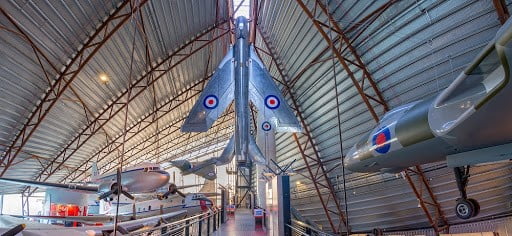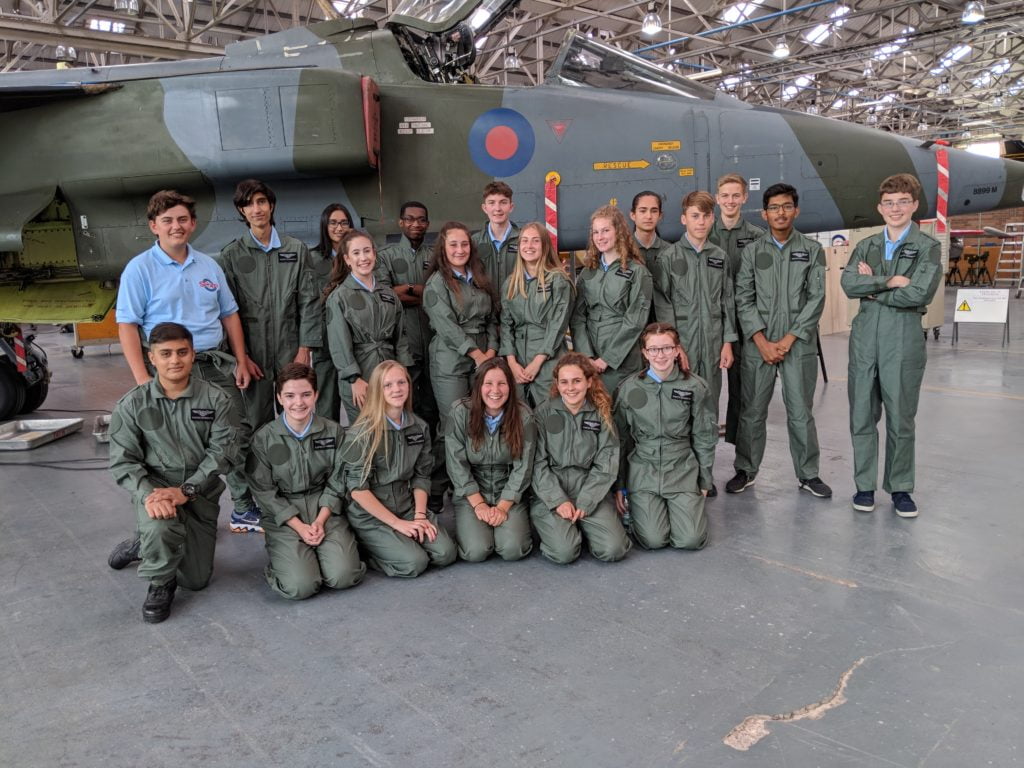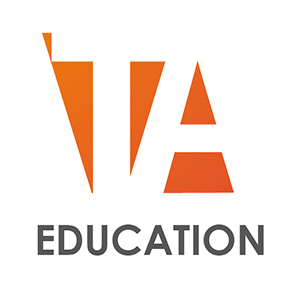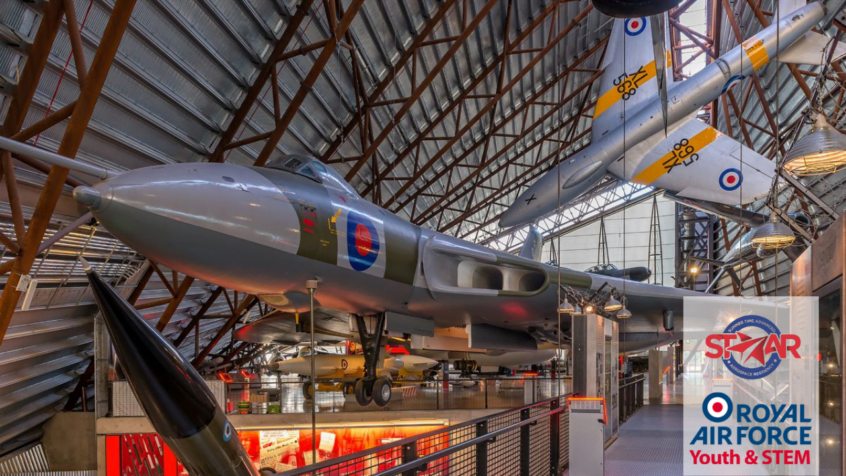Find out how TA helped launch the STAAR (Summer Time Advanced Aerospace Residency) Programme. An immersive hands-on programme that develops the skills needed by the next generation of engineers and innovators, encouraging them to study and consider taking up careers in STEM-related fields
ABOUT THE CLIENT
The STAAR (Summer Time Advanced Aerospace Residency) Programme is brought to you by Northrop Grumman and in partnership with the RAF Museum. It is being by the Museum, Royal Air Force Cosford, RAF Youth and STEM Engagement Team and Tablet Academy.
THEIR CHALLENGES
RAF Museums, the charity responsible for managing the two UK RAF Museums, were approached by Northrop Grumman who had the desire to sponsor a pilot event that would benefit school children aged 14-15 with a strong interest in the STEM subjects, particularly engineering. The event aims are to give participating students real-life practical experiences of STEM and demonstrate how STEM relates to a career in the aerospace sector.
What issue, challenge, or pain point did the client want Tablet Academy to address?
After several collaborative brainstorming sessions, the sponsor, together with all partners, drew up a wish list to consider when developing the programme:
- The pilot event be held in the summer of 2017.
- The event be residential and delivered over 5 Days.
- Places are limited to 20 students, and participants should be selected from across the UK.
- Equality and diversity be paramount when selecting students.
- The programme should have a focus on advanced topics from the aerospace sector.
- A requirement for hands-on, real-world sessions using live equipment and tools.
- Daily challenges are set in the form of Operational Missions that student teams should review, analysis and, where possible, execute them to a successful outcome.
- Delivery venues would be the RAF Museum, the Defence School of Aeronautical Engineering, and the Nr 1 Radio School; the latter two both situated ‘inside the wire’ at RAF Cosford.
- How to accommodate, cater, chaperone, and support 20 young students under the age of 16 on an operational defence training station.
Why did they have this problem?
There is growing global demand for young engineers, technologists, and scientists. One aim of the programme is to demonstrate to young people of all backgrounds, genders, and abilities, that opportunities exist in the aerospace sector that is as diverse as they are. Northrup Grumman has a similar programme running in the USA as a Space Camp and wanted to create something different to support education in the UK.

What were our client’s expected outcomes from working with Tablet Academy to solve their stated problems?
The clients expected that we develop and deliver an exciting residential programme that offers not only the training of young people in STEM subjects, but that also supports the development of their social, interpersonal, critical thinking, problem-solving, communication, collaboration, and other skills that will be relevant in surviving and competing in the 21st-century workplace.
It was expected that the programme will be something out of the ordinary, would have a lasting impact on the lives of young people, and should the sponsor wish, be capable of delivery on an annual basis.
Why did they engage with Tablet Academy to help?
Given our experience in creating and delivering STEM-based student enrichment programmes for schools, Tablet Academy was approached by the RAF Museum and Northrup Grumman to collaborate on both the design and delivery of the event. Having an existing partnership with the Museum and the Defence School of Aeronautical Engineering at RAF Cosford made us the ideal partner to collaborate with on this exciting project
OUR SOLUTION
Having a wealth of experience in creating and delivering STEM-related student enrichment days, we had a clear idea of what students may be expecting in the participation of such a programme. We agreed from day one that we would take a fully cooperating approach in developing the programme and in discussions concerning the logistics and security of having 20 young people ‘working’ on a fully operational RAF Station. In developing the curriculum, we involved experts from all four parties: Northrop Grumman, Learning Division of RAF Museum (Cosford), Instructors from the Defence School of Aeronautical Engineering and Nr 1 Radio School, and Tablet Academy.
When looking at delivery and logistics, given that students would live and work on an operational base we worked closely with the RAF Police and other RAF logistics and security teams, all with the full support of the Station Commander at the time, Group Captain Mark Hunt.
A major challenge would be incorporating offerings from the three partners into a coherent programme, and the logistics of delivery given that the venue is a fully operational RAF Station with all the security that that entails. In particular, as students will be expected to work on real Air Defence Aircraft engines and other equipment.
How was our client involved in this stage?
Given the diversity of each of the stakeholders, regular team meetings were held with the relevant staff and as sponsor, Northrop Grumman attended each of these meetings as an active participant in discussions and decisions.
What was the solution?
The solution was an extensive 5-day programme beginning with congratulating and welcoming the students to the programme, giving them a security briefing and introducing the relevant staff. This was followed by a range of practical sessions over the subsequent 4 days and concluding on the final day in a graduation ceremony on the final day where student teams present their solution to a particular mission to an audience of instructors, chaperones, parents, and special guests from the sponsor and other partners.

THE RESULTS
The results achieved were beyond expectations. So much so that the programme continued into 2018 and 2019.
In the pilot year (2017), 20 students from secondary schools attended the STAAR programme, in 2018, a similar number of students participated, and due to its success in 2019, with over 260 students applying to participate, two programmes each of 30 students were run back-to-back, allowing for 60 students to participate in the 2019 STAAR programme.
The ethnic and gender mix of the students was equally balanced and as was predicted the girls outperformed the boys in problem-solving and thinking skills, whilst the boys have a slight edge on computing.
All partners were happy with the outcomes and, whilst the 2020 STAAR programme was cancelled due to the COVID-19 pandemic, the partnership is currently looking at redesigning the programme for 2021, taking into account lessons learned from previous events, input from STAAR Alumni students, and the impact COVID-19 has had on the delivery of education.


